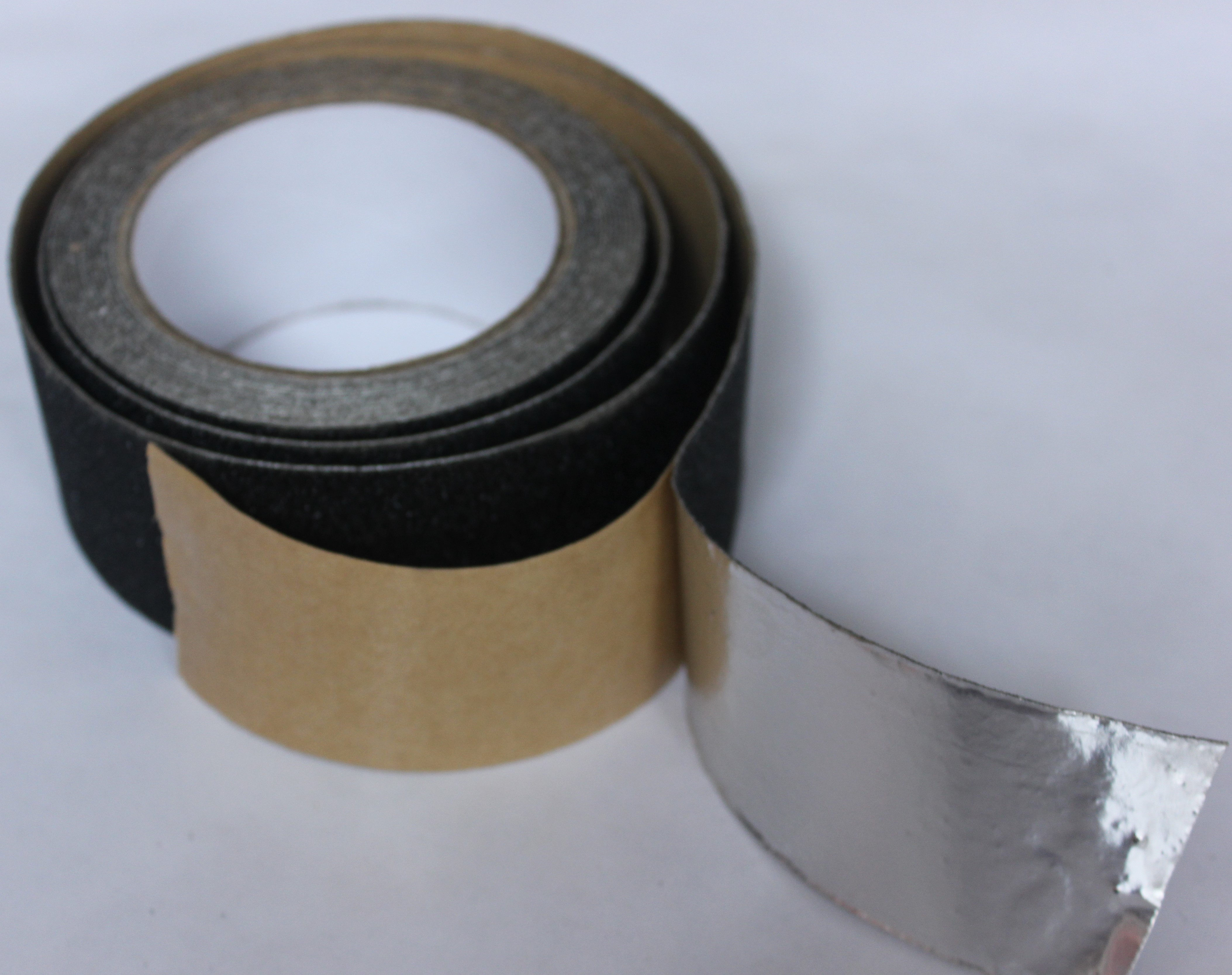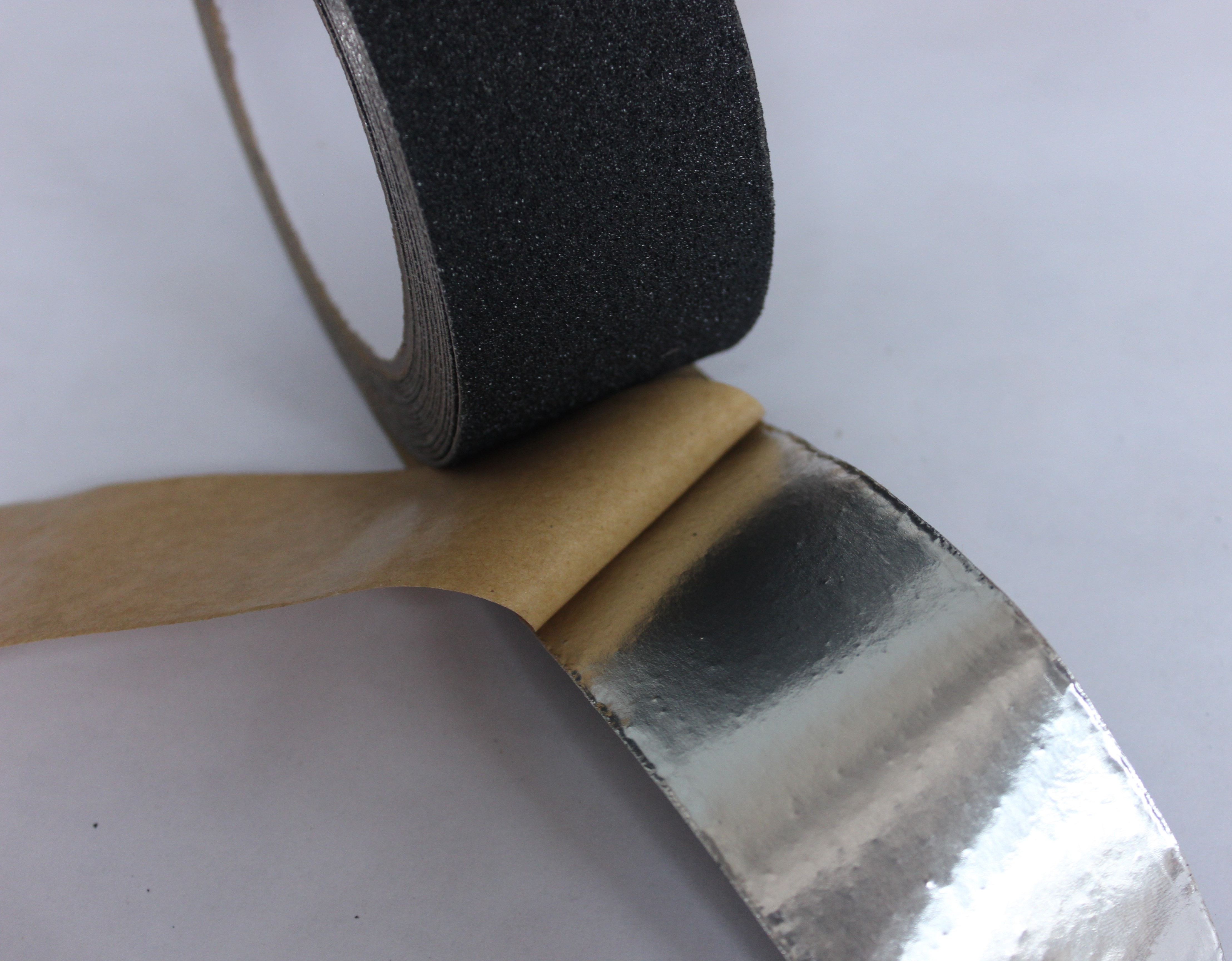American scientists develop an immune "gel" to prevent tumor recurrence and spread
American scientists develop an immune "gel" to prevent tumor recurrence and spread March 23, 2018 Source: Sina Pharmaceutical Tumor immunotherapy is becoming more common, but systemic immunotherapy may have major side effects because it is an activity that stimulates the entire immune system, not necessarily tumor-specific. Surgical resection remains the classic pillar of cancer treatment, with the disadvantage of temporarily suppressing the immune response at the surgical site. Scientists at the Dana-Farber Cancer Institute (DFCI) and Harvard University invented an immune "gel" that can be placed at the site of tumor resection and slowly release innate immunity during surgery. Agonists are expected to solve the above two problems. The immunogel is made from biodegradable sugars that contain drugs that activate dendritic cells (DCs) in the immune system. These DC cells are very important because they train T cells to attack cancer cells, even those that are far from the site of the original tumor. According to a press release issued by DFCI, this immunogel can release the drug slowly over a long period of time. Early animal research looks promising. In a breast cancer model mouse study, the researchers surgically removed the tumor and placed the immunogel at the surgical site. In the next 3 months, more mice were cured by this method than the standard treatment, not only did the breast tumor not recur, but also eliminated lung metastasis. Even when new breast cancer cells are implanted again in mice, the disease does not occur again. The researchers said that this is a signal that the immune system is still actively fighting cancer. In addition to breast cancer, these important findings have also been replicated in mice with melanoma and lung tumors. The research results have been published in the journal Science Translational Medicine. The author of the article, DFCI and Assistant Professor of Harvard University, Dr. Michael Goldberg, pointed out that if the immune gel works in the human body, the significance will be very significant, because up to 40% of cancer patients will be in the surgical resection of the tumor. Recurred within 5 years. Even if the tumor is completely removed, it is common to have a very small amount of tumor cells. In fact, the surgery itself can cause problems, such as causing residual cancer cells to metastasize to other parts of the body. Goldberg said that immuno-oncology drugs like immunological checkpoint inhibitors can cause the immune system to recognize and attack cancer cells, but such drugs are not effective in all patients. Implantable gels will bring this mode of treatment to a wider patient population, and the ability of the gel to resolve any solid tumor that can be surgically removed will greatly enhance the potential benefit of such potent immunostimulants The number of patients. Just recently, Novartis announced a partnership with Harvard University to explore the use of biomaterials developed by the school to develop new cancer vaccines. In addition, Stanford University is also developing technologies that stimulate immune cells at tumor sites. In February of this year, the school's scientists published their research methods in Science Translational Medicine, including: a monoclonal antibody that can target the T cell surface protein OX40, and a small segment can stimulate the expression of T cells. A DNA fragment of OX40 (CpG oligonucleotide) was injected directly into the tumor. The results show that this approach shows early therapeutic potential in lymphoma, breast, colorectal, and melanoma animal models. Currently, scientists have initiated a clinical trial to initially recruit approximately 15 patients with lymphoma to test this OX40 monoclonal antibody + CpG oligonucleotide treatment. However, DFCI scientists believe that the immunogels they developed are ideal for cancer patients undergoing surgical resection of the tumor because the surgical wound site is in a temporary natural "immunosuppressive" state, which means that the body is actively focused on treating the wound. The immune system has become less effective in preventing cancer. This immunogel transforms the surgical site from an "immunosuppressive environment" to an "immunostutical environment." Researchers are currently optimizing this technology for human testing. (Sina Pharmaceutical Compilation/newborn) Reference source: Immuno-oncology 'gel' could prevent tumor recurrence and spread
Aluminum foil backed anti slip tape is a special
anti slip tape that is designed for uneven surfaces and high traffic areas, it
can be used instead of 3M 500 series, such as 3M 510 and 3M 530. The aluminum
foil backing make the tape much more durable than general anti slip tape, and
it has no memory so that it can remain its shape and conform to uneven surfaces.
The aluminum foil has no stretchability which is different from PVC or PET
plastic based, when a plastic stretches it wants to revert to its original
state so will lift from an irregular substrate. It is widely used for stairs, ladders, loading
ramps, platforms, diamond plating, flat surfaces with rivets or screw heads.
Product specifications
Product name:
Color: Black, yellow, Black/yellow
Size: 1inch, 2inch, 3inch, 4inch width, 3meters,
5meters, 10meters, 15meters, 18meters length. Other sizes also can be
customized. Aluminum foil anti slip tape, Conformable Anti Slip Tape, Foil Base Anti Slip Tape, Foil Backed Anti Slip Tape Kunshan Jieyudeng Intelligent Technology Co., Ltd. , https://www.jerrytape.com
Aluminum Foil Anti Slip Tape


